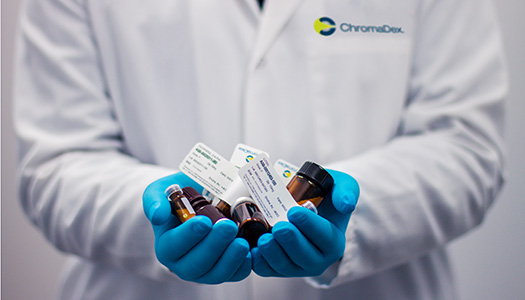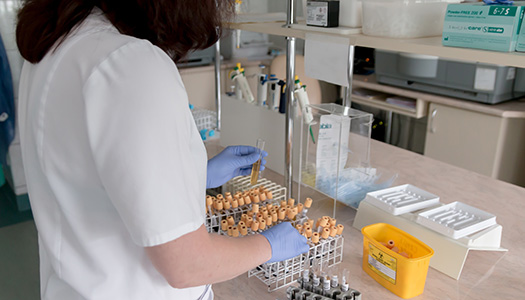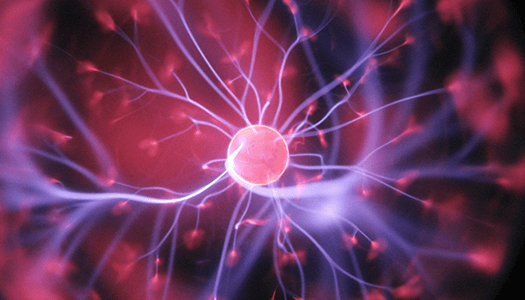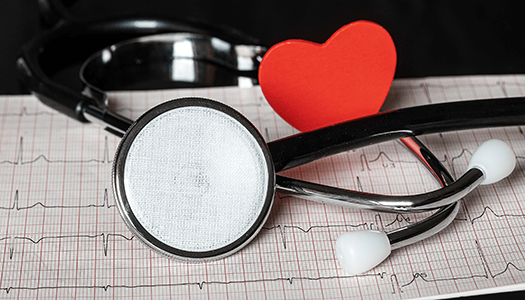What is Depression?
Most people have felt sad or depressed at times. Feeling depressed can be a normal reaction to loss, life’s struggles, or an injured self-esteem.
But when feelings of intense sadness — including feeling helpless, hopeless, and worthless — last for many days to weeks and keep you from functioning normally, your depression may be something more than sadness. It may very well be clinical depression — a treatable medical condition.
Causes:
Some types of depression run in families, indicating that a biological vulnerability to depression can be inherited. This seems to be the case, especially with bipolar disorder. Families in which members of each generation develop bipolar disorder have been studied. The investigators found that those with the illness have a somewhat different genetic makeup than those who do not become ill. However, the reverse is not true. That is, not everybody with the genetic makeup that causes vulnerability to bipolar disorder will develop the illness. Apparently, additional factors, possibly a stressful environment, are involved in its onset and protective factors are involved in its prevention.
Major depression also seems to occur in generation after generation in some families, although not as strongly as in bipolar I or II. Indeed, major depression can also occur in people who have no family history of depression.
Symptoms:
- Difficulty concentrating, remembering details, and making decisions
- Fatigue and decreased energy
- Feelings of guilt, worthlessness, and/or helplessness
- Feelings of hopelessness and/or pessimism
- Insomnia, early morning wakefulness, or excessive sleeping
- Irritability, restlessness
- Loss of interest in activities or hobbies once pleasurable, including sex
- Loss of pleasure in life
- Overeating or appetite loss
- Persistent aches or pains, headaches, cramps, or digestive problems that do not ease even with treatment
- Persistent sad, anxious, or “empty” feelings






